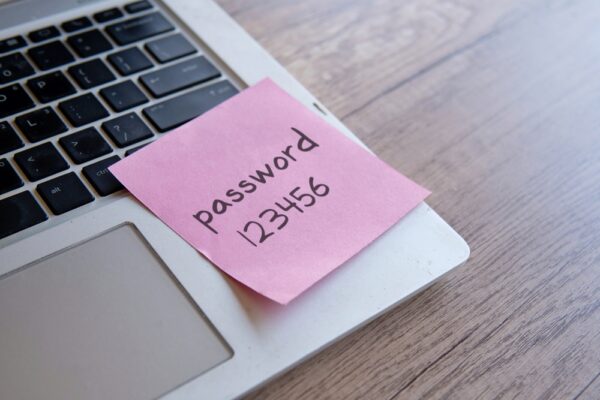
Financial Red Flags and Scams to Watch Out For
As a senior, you are unfortunately a prime target for financial scams. Scammers know you have a lifetime of savings and often try to exploit your trust. When it comes to senior banking, being vigilant is your best defense against both outright fraud and misleading bank practices.

Red Flag 1: The “Bank Investigator” Scam
This is a common and dangerous scam. You receive a phone call, text, or email that appears to be from your bank’s fraud department. The person on the other end says there has been suspicious activity on your account and they need you to “verify” your information to stop it. They will ask for your account number, Social Security number, online banking password, or debit card PIN. This is a scam. Your bank will never call you and ask for your password or PIN. They already have your account and Social Security numbers. The scammer’s goal is to gain access to your account and drain it. If you receive a call like this, hang up immediately. Then, call the official phone number on the back of your debit card to report it.

Red Flag 2: Misleading Overdraft “Coverage” Offers
Banks may ask if you want to “opt in” for overdraft coverage on your debit card transactions. They frame it as a helpful service, but it’s a trap. If you opt in, it gives the bank permission to approve a debit card purchase even if you don’t have enough money, and then charge you a $35 fee for the “convenience.” For example, without this “coverage,” your card would simply be declined if you tried to buy a $4 coffee with only $2 in your account. With it, the purchase goes through, and your bank account balance drops to negative $37 ($-2 for the coffee and $-35 for the fee). It’s almost always better to have a transaction declined than to pay a massive fee. Stick with linking your savings account for true overdraft protection instead.

Red Flag 3: “Free” Accounts with Hidden Catches
Be wary of bank promotions that promise “free checking” with a huge cash bonus for signing up. Always read the fine print. The account may only be free for an introductory period, after which high monthly fees kick in. Or, the “free” status may depend on meeting multiple difficult requirements, like maintaining a very high balance and making a certain number of debit card transactions each month. If a deal sounds too good to be true, it likely is. To protect yourself from scams and for consumer information, consult the Consumer Financial Protection Bureau (CFPB) and the FTC.


















